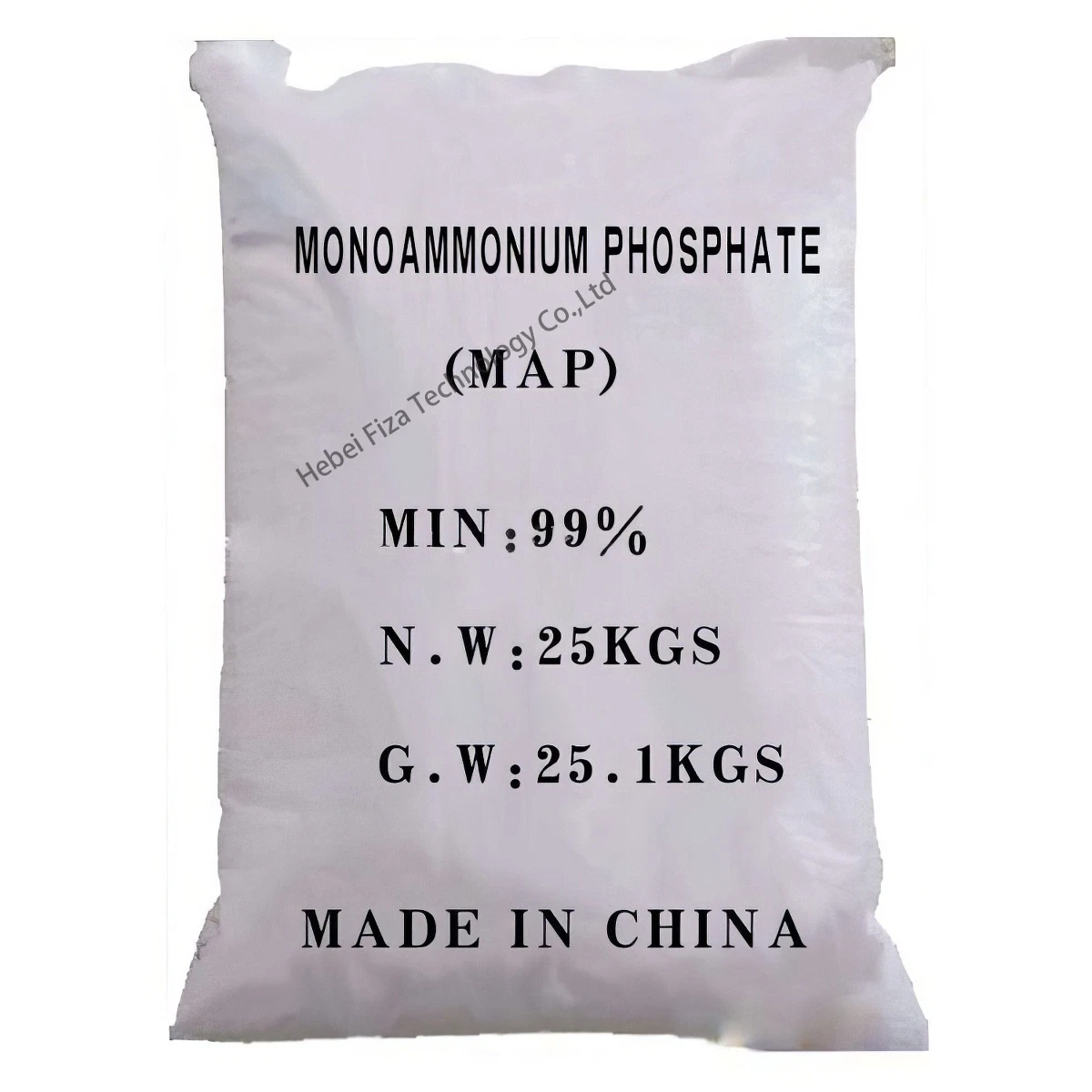



manganese sulphate monohydrate molecular weight
Understanding the Molecular Weight of Manganese Sulphate Monohydrate
Manganese sulphate monohydrate, a vital compound in both industrial and agricultural applications, has the chemical formula MnSO₄·H₂O. It signifies that each molecule consists of one manganese (Mn) atom, one sulfate (SO₄) group, and one water molecule (H₂O). Understanding its molecular weight is crucial for various applications, including agriculture, chemical synthesis, and laboratory research.
Molecular Structure and Composition
To appreciate the molecular weight of manganese sulphate monohydrate, we need to break down its components. The compound is formed by the combination of manganese, sulfur, and oxygen from the sulfate group, as well as the water of crystallization. The atomic weights of these elements are as follows
- Manganese (Mn) Approximately 54.94 g/mol - Sulfur (S) Approximately 32.06 g/mol - Oxygen (O) Approximately 16.00 g/mol (for four oxygen atoms in the sulfate and one in the water) - Hydrogen (H) Approximately 1.01 g/mol (from two hydrogen atoms in the water)
Using these atomic weights, we can calculate the molecular weight of manganese sulphate monohydrate step by step
1. Manganese (Mn) 54.94 g/mol 2. Sulfate (SO₄) - Sulfur (S) 32.06 g/mol - Oxygen (O4) 4 × 16.00 g/mol = 64.00 g/mol - Total for SO₄ 32.06 + 64.00 = 96.06 g/mol 3. Water (H₂O) - Oxygen (O) 16.00 g/mol - Hydrogen (H2) 2 × 1.01 g/mol = 2.02 g/mol - Total for H₂O 16.00 + 2.02 = 18.02 g/mol
Finally, combining all these weights gives us
\[ \text{Molecular Weight of MnSO₄·H₂O} = 54.94 + 96.06 + 18.02 = 169.02 \text{ g/mol} \]
manganese sulphate monohydrate molecular weight

Thus, the molecular weight of manganese sulphate monohydrate is approximately 169.02 g/mol.
Applications and Importance
Manganese sulphate monohydrate is primarily used as a fertilizer to provide essential nutrients to plants. Manganese is a critical micronutrient for plant growth, involved in photosynthesis, respiration, and nitrogen assimilation. By supplying manganese in a readily available form, this compound helps improve crop yields and enhance the quality of agricultural produce.
In addition to its agricultural uses, manganese sulphate monohydrate is significant in various industrial processes. It is used in the production of batteries, as a colorant in ceramics, and as a feed additive in animal nutrition. In laboratories, it serves as a reagent for various chemical reactions and analyses.
Handling and Safety Considerations
While manganese sulphate monohydrate is generally considered safe for use in approved applications, it's important to follow safety guidelines when handling the compound. As with any chemical substance, exposure to manganese can lead to health issues, particularly through inhalation or ingestion. Therefore, using appropriate personal protective equipment, such as gloves and masks, and adhering to safety data sheets (SDS) will minimize risks associated with its handling.
Conclusion
In conclusion, understanding the molecular weight of manganese sulphate monohydrate is fundamental for its application in agriculture and industry. The calculated molecular weight of approximately 169.02 g/mol illustrates the contribution of each component—manganese, sulfate, and water—to the compound's overall properties. As a critical ingredient in fertilizers and various industrial processes, manganese sulphate monohydrate continues to play a vital role in enhancing agricultural productivity and supporting industrial advancements.
-
Why Sodium Persulfate Is Everywhere NowNewsJul.07,2025
-
Why Polyacrylamide Is in High DemandNewsJul.07,2025
-
Understanding Paint Chemicals and Their ApplicationsNewsJul.07,2025
-
Smart Use Of Mining ChemicalsNewsJul.07,2025
-
Practical Uses of Potassium MonopersulfateNewsJul.07,2025
-
Agrochemicals In Real FarmingNewsJul.07,2025
-
Sodium Chlorite Hot UsesNewsJul.01,2025










